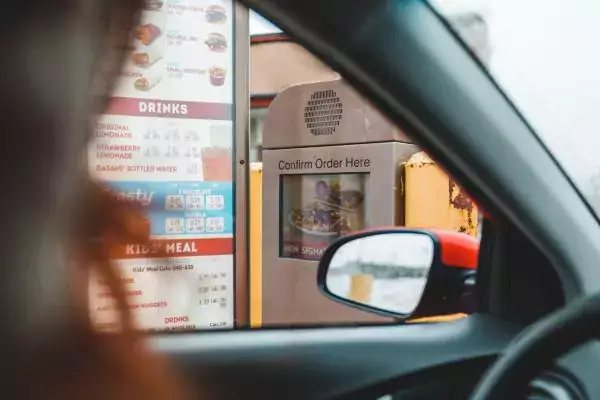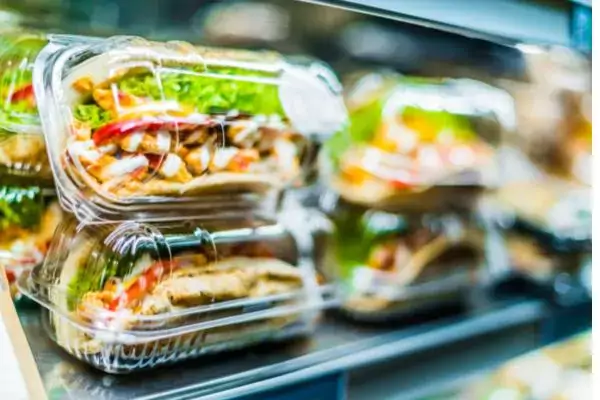Last week, the National Labor Relations Board ruled that Browning Ferris Industries, a waste management company, qualifies as a “joint employer” along with a subcontractor. The decision effectively drew a parallel to fast-food and hospitality industry employees and the franchise system of employment.
As this Huffington Post article explains, “if a fast-food brand or a hotel chain can be deemed a ‘joint employer’ along with the smaller company, it can be dragged into labor disputes and negotiations that it conveniently wouldn't have to worry about otherwise.”
Spotlight on Fast-Food Employees
The NLRB ruling has huge consequences for foodservice giants like McDonald’s, which has locations that are roughly 90 percent franchisee-operated. The ruling not only increases McDonald’s labor liability, but also makes it easier for workers to unionize as employees under the larger parent company. Of course, the backdrop to the NLRB’s decision is the clamoring for a minimum wage increase to $15, so the decision brings McDonald’s corporate leaders right to the bargaining table instead of shifting negotiations to the franchisees.
This certainly is an interesting time for companies under the franchise model, and it starts to make more sense why larger retailers like Panera and Buffalo Wild Wing are taking back control of their stores. Maybe they have seen the legal writing on the wall, or maybe they see the economic opportunity.
In our previous article about In-N-Out Burger, we highlighted the fact that this 100-percent corporate-owned chain succeeds in keeping their employees satisfied, which in turn had led to a better customer experience and growing footprint. McDonalds, by contrast, has a level of separation from employees and customer service has been a main factor in the chain’s steady decline. For the first time in at least 40 years, McDonald’s plans to close more stores than it opens.
It’s the tale of two business models: corporate-owned vs. franchised. It’s certainly a cautionary tale for smaller chains considering national expansion.
Wanted: Employer With Good Attitude
The NLRB’s ruling has effectively increased corporate responsibility—a ruling that resonates with both employees and customers of the American retail and restaurant industry. Instead of resenting the 3-2 decision and bickering along partisan lines, franchises should embrace the opportunity for change.
Right now, the economy is favoring retailers with fewer locations and tightly managed operations, and chains like In-N-Out Burger and Chipotle have proven it’s possible to have a corporate-owned foodservice operation worth billions.
Why not apply those same principles as a larger company? It’s never too late for companies under a franchise model to become more involved in store-level operations.
Don’t look at being an employer as merely a legal responsibility. View it as an opportunity to increase employee engagement and improve operations.
Subscribe to our blog
You are now subscribed!


